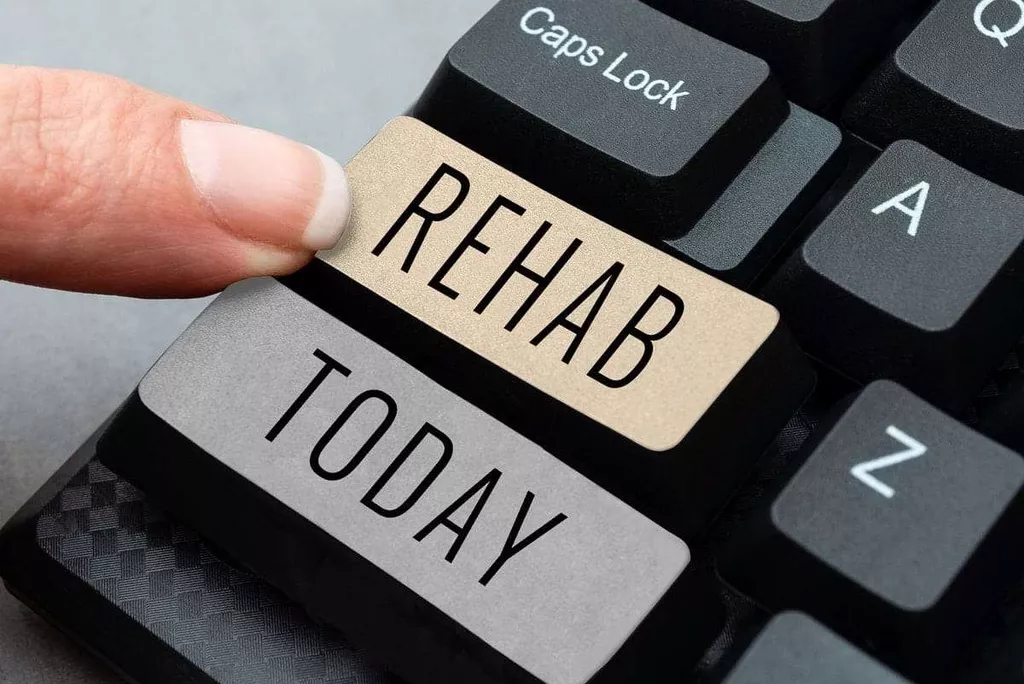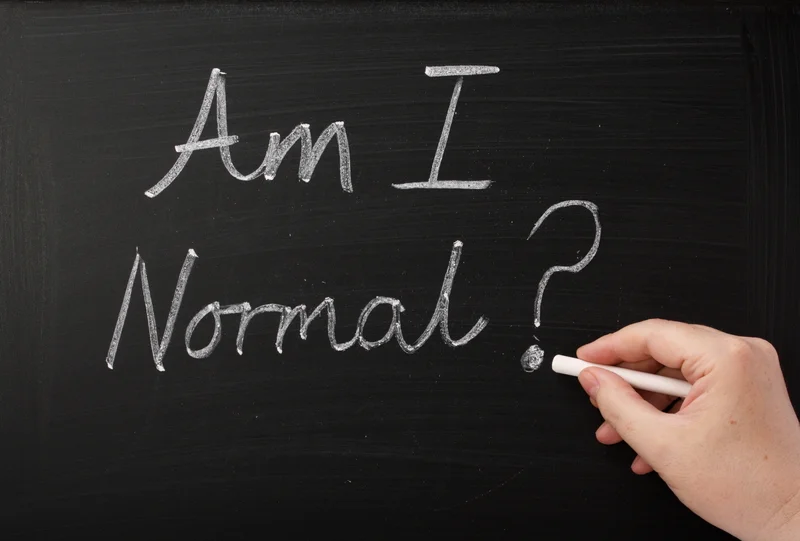
Methamphetamine (also known as “crystal meth”) is an extremely addictive drug. If a person uses it more than once or twice, they have a high chance of developing an addiction. Once a person becomes dependent, the body will go into withdrawal if they try to quit. Meth withdrawal symptoms may manifest during or after detox, which is the process of the body metabolizing and removing it. Various non-pharmacological approaches have effectively reduced METH use in study participants, with CM producing the strongest effect. For now, psychotherapy is considered the first line of treatment for MUD even though it cannot serve as a standalone treatment of MUD due to poor compliance and high relapse rates once participants are out of a program.

Treatment Options
So, once that euphoria wears off, they may take more in order to continue enjoying that feeling. For instance, you might feel energized, confident, and more alert than usual. Methamphetamine, or meth, is a powerful stimulant that can make you feel more awake and active.
Why is Meth so Addictive?
It’s more like scaling a mountain in a blizzard – challenging, dangerous, and requiring immense perseverance. The drug’s powerful grip on the brain makes it incredibly difficult for users to quit. Traditional treatment methods often fall short, leaving addicts and their loved ones feeling hopeless and defeated. People recovering from meth addiction should continue therapy after completing meth treatment. Recovering addicts may also move to a sober living home — a residence where people practice a sober lifestyle. During this stage of meth recovery, individuals are particularly vulnerable to relapse.
- There are many short-term and long-term effects of using crystal meth.
- While still in the early stages of research, meth vaccines could revolutionize addiction treatment if successful.
- Counselors will include a variety of therapies and techniques during treatment, but the most common is cognitive behavioral therapy (CBT).
Risk factors
However, with meth-involved overdose deaths on the rise, researchers are also looking into medication-assisted treatment options for meth addiction. People with all types of drug addiction may benefit from behavioral therapies, like cognitive behavioral therapy (CBT), counseling, detox, and aftercare. This treatment facility provides care for meth use disorder and other forms of alcohol and drug use, as well as mental health care. Meth triggers a rapid release of dopamine in the brain, creating intense feelings of euphoria and increased energy.

Physical effects
- For example, benzodiazepine medications can be prescribed for patients that become agitated or panicked as a result of their bodies adjusting without meth.
- Similarly, CBT diminished relapse and/or cravings in other individuals with METH use disorder e.g. 91, 93-95.
- The Recovery Centers of America offer treatment for meth addiction and other substance use disorders.
- Naltrexone, a drug that’s used to treat alcohol and opioid addiction, has shown promise in treating meth addiction.
- Residential drug rehab, detox, medication-assisted treatment, and other drug and alcohol treatment programs are offered at this treatment facility.
- As a result, meth addiction often follows a pattern of bingeing on the drug for several days at a time, followed by a crash.
If meth addiction is left untreated, the physical, psychological and social consequences can become irreparable. People who smoke or inject methamphetamine will likely feel stronger euphoric effects than those who swallow or sniff the substance. Smoking and injecting meth delivers the drug to the brain more rapidly, producing more intense effects. Drug rehabilitation Crystal meth generally has a higher purity level than the powdered version of the drug. Because of its high purity, crystal meth can produce longer-lasting and more intense effects on the body.

Fatigue may set in first, followed by meth abuse overwhelming feelings of depression. Many people also experience paranoia, hallucinations, anxiety and insomnia. Although treatment outcomes are comparable to that of other chronic conditions, recovery is an ongoing process that can take time. Research has shown that methamphetamine withdrawal follows a predictable pattern.

The battle against meth addiction is one we must continue to fight, armed with science, compassion, and an unwavering belief in the human capacity for change and growth. The battle against meth addiction is far from over, but we’re making progress. Ongoing research and development are crucial to refining existing treatments and discovering new ones. With each breakthrough, https://ecosoberhouse.com/ we move closer to more effective solutions for those struggling with meth addiction. Meth takes a severe toll on the body, and proper nutrition can help repair the damage. Exercise, meanwhile, can boost mood, reduce stress, and provide a natural high that supports sobriety.
Meth Rehab in Denver at The Raleigh House
“It’s almost like methamphetamines are falling from the sky right now, with the amount that’s coming through the border and on boats and planes,” says Matthew Donahue with the U.S. “I believe this clinical trial is really a breakthrough in many ways, because there have been so many failed trials.” “As we understand the complexity of the human brain, it becomes very much of a magical thinking that one pill will solve the problem of addiction,” she says. Continued efforts to find MUD therapy have produced several interesting findings.
Meth Addiction Treatment and Rehab Programs Near Me
- However, with meth-involved overdose deaths on the rise, researchers are also looking into medication-assisted treatment options for meth addiction.
- Meth creates a temporary and pleasurable sense of alertness, euphoria, and energy.
- Thus, some people take METH a few times a month while some take the drug every day for extended periods of time, at doses ranging usually from light to moderate 23-25.
CM uses motivational incentives and tangible rewards to help a person dependent on METH to attain their treatment goals e.g., abstinence from METH. For example, CM participants are provided monetary vouchers in exchange for consecutive urine samples documenting abstinence from METH. A person with METH-positive or missing urine sample is moved down the escalating schedule 78. The studies that assessed CM efficacy in reducing METH abuse or dependence showed positive outcomes when comparing MUD patients to control group participants or CM to other behavioral therapies 74, 76.
Are there treatments for methamphetamine addiction?
This helpline is answered by Treatment X LLC, an addiction treatment provider with treatment facilities in Ohio, Pennsylvania, and California. Methamphetamine is made from a wide range of chemicals that can seriously harm your mental and physical health without meth abuse treatment. Many drug rehab centers will connect you with aftercare, such as ongoing outpatient services and sober living. This rehabilitation center provides LGBT-friendly behavioral health services. Recognizing meth addiction signs early is critical, as meth addiction can quickly escalate, requiring professional intervention for recovery. Meth addiction can have devastating effects on your physical health, mental well-being, and overall quality of life.

